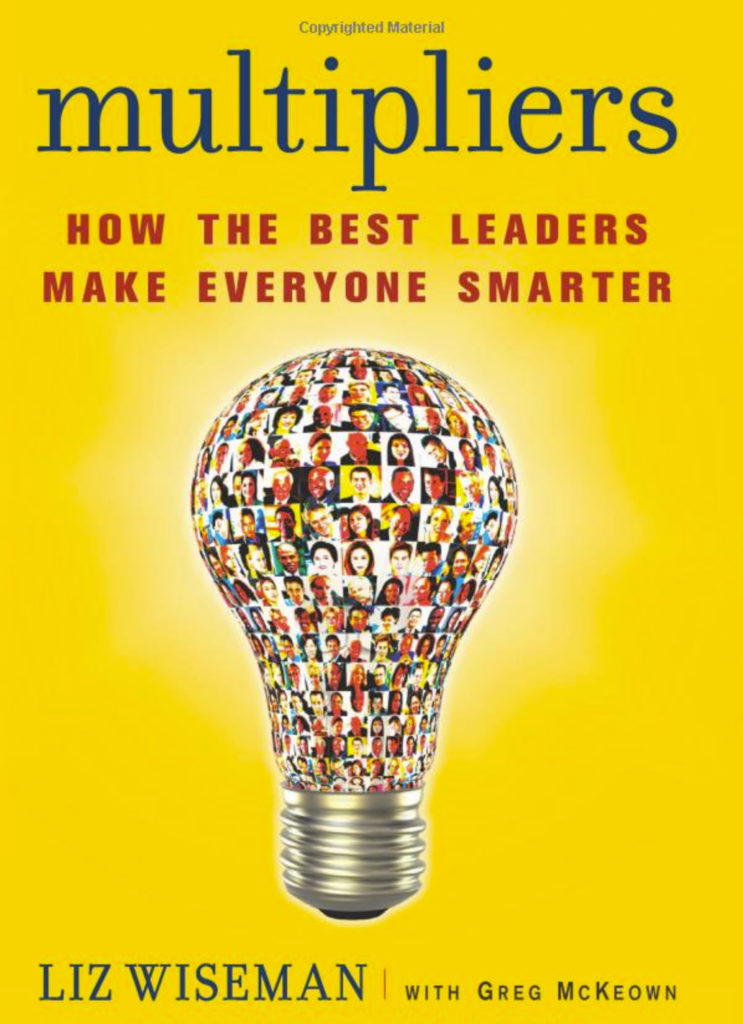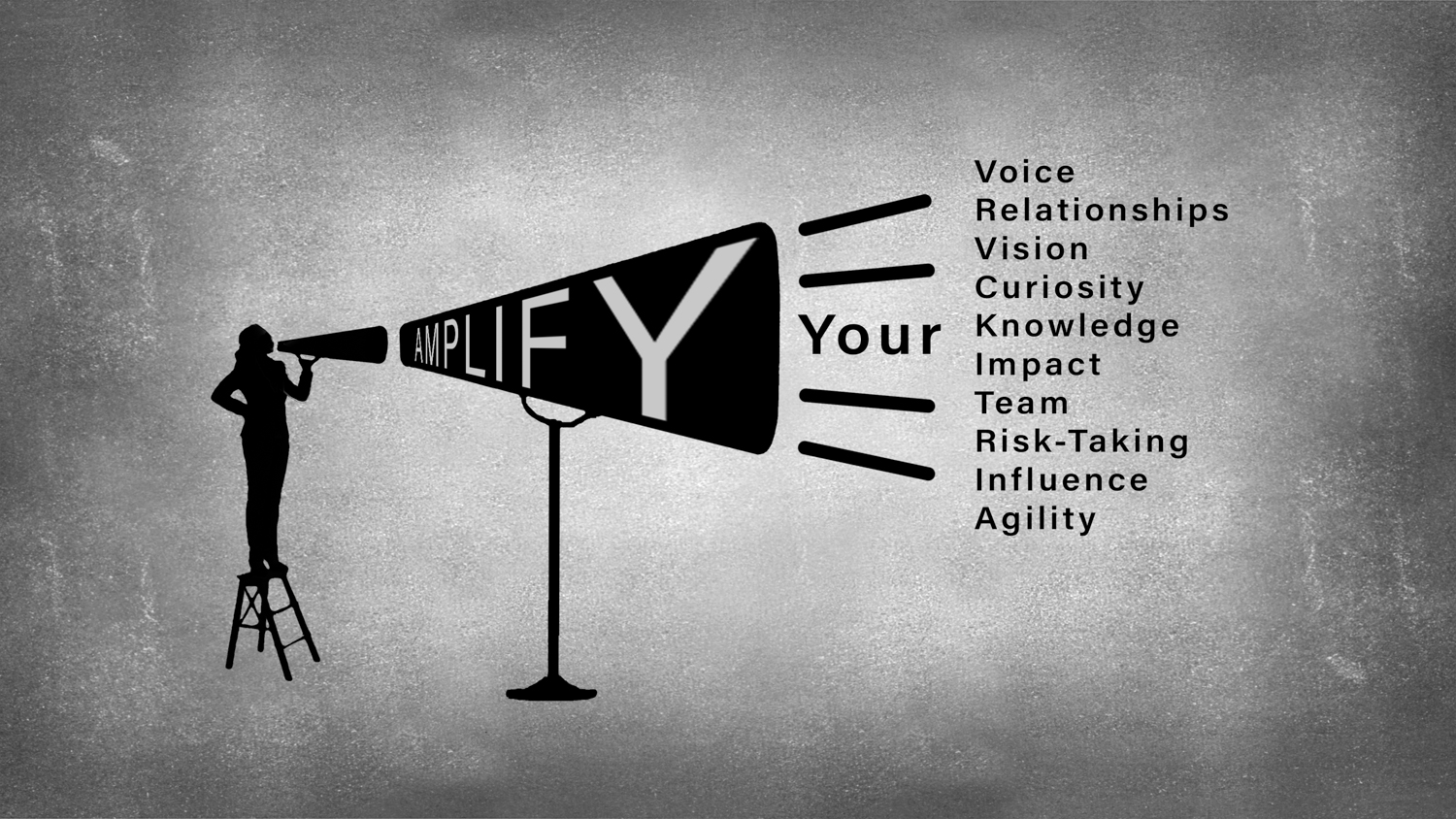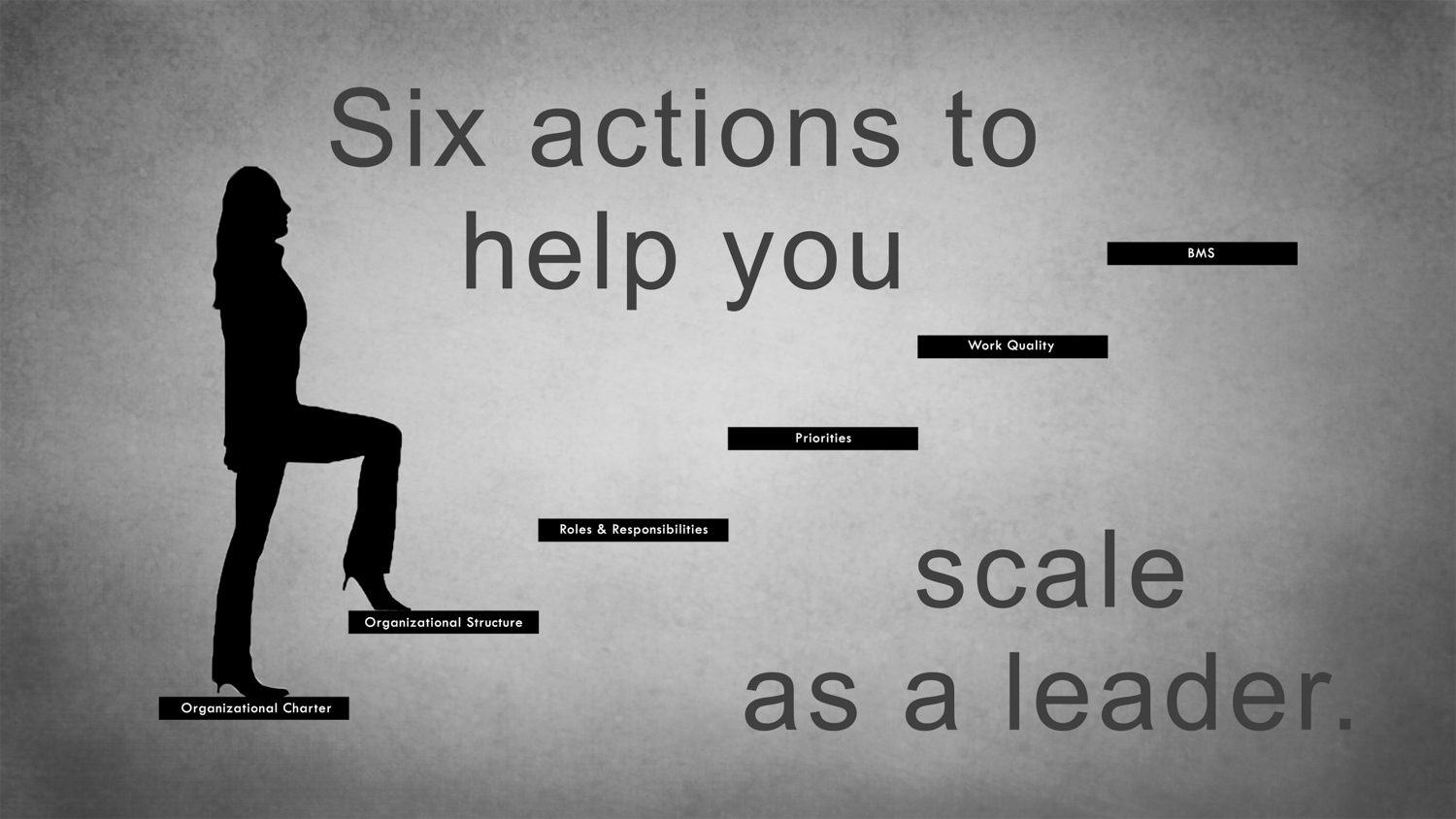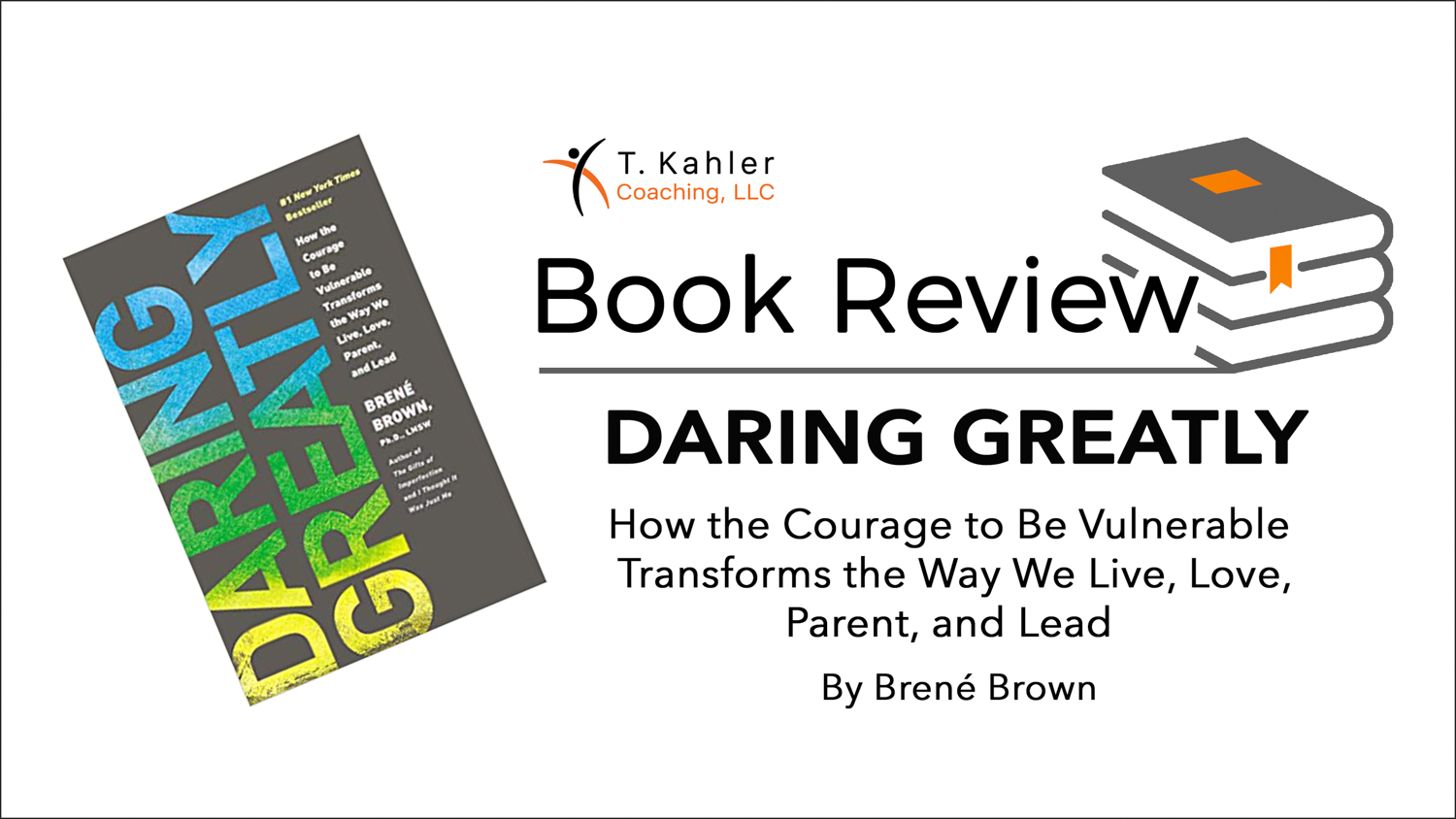In her book Multipliers, Liz Wiseman details “How the Best Leaders Make Everyone Smarter” by amplifying people’s capabilities vs. “Diminishers” who drain them. The concept is simple. As a leader, you can choose to become a “Multiplier” by adopting certain actions and behaviors that “bring out the intelligence in others”, or you can choose to become a “Diminisher” by reducing the team’s effectiveness by being a leader who “is absorbed in their own intelligence, stifle others, and deplete the organization of crucial intelligence and capability.”
Ms. Wiseman, a researcher and executive advisor, worked at Oracle for a number of years before embarking on her journey as an author and researcher. She has authored three best-selling books including this one, The Multiplier Effect, and Rookie Smarts. She graduated from BYU with a Masters in Organizational Behavior.
To write her book she conducted research and analyzed data from more than two hundred leaders, she was able to identify five disciplines that distinguish Multipliers from Diminishers. She discovered that these five disciplines are not based on innate talent and they can be learned by everyone. Throughout the book, she uses examples of people who had a lifelong Diminisher style, increased their level of self-awareness, changed their ways, and became Multipliers as a result.
In her first chapter, “The Multiplier Effect,” she details the five disciplines of Multipliers. She describes these leaders as those who are great at attracting talent, draw out people’s best thinking, extend challenges to the team, objectively debate decisions, and instill accountability in the team. These actions will result in “extracting people’s full capability” and will “get twice the capability from people as do Diminishers.”
“When leaders teach, they invest in their people’s ability to solve and avoid problems in the future.”
Liz Wiseman
Chapters two through six deal with each of the five dimensions and how Multipliers and Diminishers approach them. The contrast between the two dichotomous leaders is easy to understand and to follow. She also details in simple terms what leaders need to do to become a Multiplier. Again, all based on the research she conducted.
“The Diminisher is a Micromanager who jumps in and out. The Multiplier is an Investor who gives others ownership and full accountability.”
Liz Wiseman
Chapter seven is my favorite chapter. This chapter is dedicated to describing the “Accidental Diminisher.” Most leaders do not set out to diminish their team’s abilities but many leaders do diminish the team’s abilities accidentally and without knowing. If self-awareness is the key to development, then chapter seven is a must-read for anyone looking to increase their level of self-awareness. This chapter describes nine things that leaders do to accidentally diminish their team’s capabilities. As I read through the list, I realized there were many things about my leadership style that I would like to take back and do over again. You can download a simple guide she calls an “Accidental Diminisher hack” which is very useful to keep deskside.
Chapter eight will resonate with many of you who are impacted by the Diminisher that you work for. Learning to deal with a Diminisher is a delicate task and Ms. Wiseman does a great job of providing tips on how to deal with them. She points out seven strategies you can take to defend yourself against “Diminishing Managers”, six things you can do to “Multiply Up”, and three things you can do to inspire “Multiplier Leadership in Others.”.
The final chapter, chapter nine, describes how to become a Multiplier. It details how to start the journey, how to accelerate it, and how to build a culture of Multipliers.
“…changing a culture meant changing the conversation. And, to change the conversation, people would need new words, especially words about behaviors that would lead to winning results.”
Liz Wiseman
Lastly, Ms. Wiseman provides us with a simple assessment to evaluate our Accidental Diminisher qualities. Head over there and check it out. It’s worth the time and effort. You will receive a detailed report with your Accidental Diminisher score and actions you can take to become a Multiplier.
This is a great book to read, especially if you are having trouble motivating your team, seek to be an inspiring leader, are having issues delegating, find yourself leading a team that is constantly waiting for you to tell them what to do or if you are unable to attract the level of talent you need to become successful.
I hope this book review has been useful and that you can put the information contained in the book to good use in your leadership journey. Drop me a note if you have any questions on how to apply this to your role.
Thanks,




